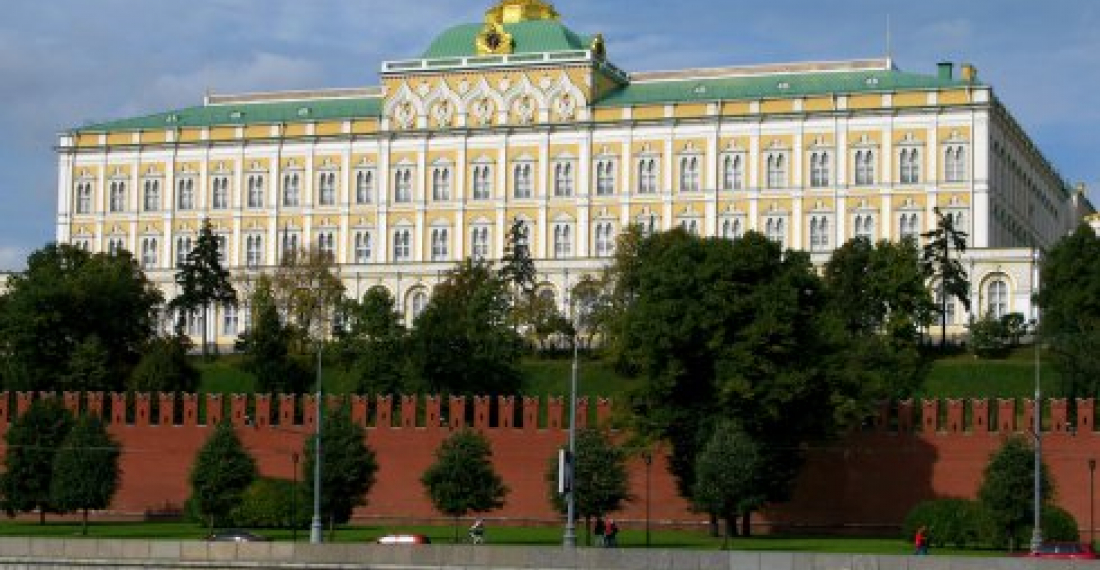Russian president Vladimir Putin in the last days held telephone conversations with President of Azerbaijan Ilham Aliyev and Prime Minister of Armenia Nikol Pashinyan, the Kremlin press service said. The conversations took place on Thursday and Friday, 11 and 12 March.
"The practical aspects of the implementation of the agreements on Nagorno-Karabakh, fixed in the trilateral statements of November 9, 2020 and January 11, 2021, were considered. It was stated with satisfaction that the ceasefire regime is being strictly observed, and the situation in the region remains generally stable and calm. Ilham Aliyev and Nikol Pashinyan praised the effective actions of the Russian peacekeeping contingent deployed along the line of contact and along the Lachin corridor", the statement said.
They also touched upon issues related to unblocking economic and transport links in the South Caucasus. In this context, the activities of the Working Group co-chaired by the vice-premiers of the three countries were noted in a positive way.
An exchange of views was held on topical issues of Russian-Azerbaijani and Russian-Armenian cooperation.







